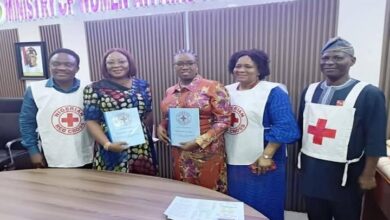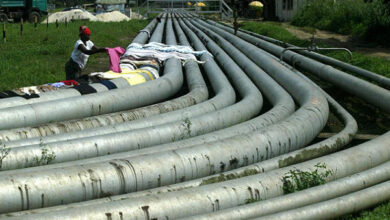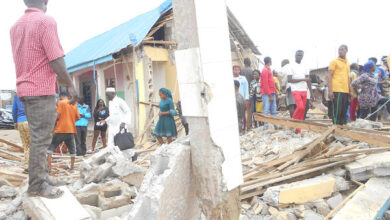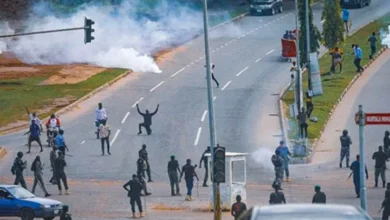Lunar Eclipse to Hit Nigeria, Other African Countries Today

(DDM) – A former strategist for the Peoples Democratic Party (PDP), Henry Shield, has raised alarm over Nigeria’s political future as the 2027 general elections approach.
Diaspora Digital Media (DDM) gathered that Shield described the upcoming contest as more than a democratic process, warning that it could resemble a political war.
Speaking on the MIC ON Podcast, he said rising economic hardship across the country has intensified frustration among ordinary citizens.
He argued that poverty and inflation are pushing Nigerians to view symbols of wealth and privilege with resentment.
Shield linked these social tensions to growing anger against political leaders and the establishment.
He warned that unless opposition leaders mobilize effectively, the ruling All Progressives Congress (APC), under President Bola Tinubu, will continue to dominate.
According to him, politics in Nigeria has drifted away from genuine public service to a system driven purely by personal and financial interests.
He stressed that the opposition must stop playing safe and begin to organize in ways that challenge entrenched political structures.
Shield singled out the African Democratic Congress (ADC) as the only opposition platform with a narrow chance of confronting APC in 2027.
He explained that this possibility depends on whether ADC can mobilize grassroots supporters and connect with citizens meaningfully.
He insisted that Nigerian politics has now become a business, where decisions are dictated by profit rather than principle.
“What is coming in 2027 is not just going to be an election,” Shield declared.
“It’s going to be a war, and the only opposition platform that has a slim chance to fight APC is ADC.”
The remark has drawn attention because ADC, despite being a relatively small party, has carved out a reputation for inclusivity and youth engagement.
Analysts note that Nigeria’s opposition has historically struggled with unity, often splitting into factions during critical elections.
The PDP, once the country’s dominant force, has been weakened by internal crises and defections.
The Labour Party, which enjoyed a surge of support in 2023, has also faced post-election disputes and organizational challenges.
Shield suggested that unless opposition groups build alliances, they risk repeating the same mistakes that handed APC victory in past elections.
Observers say his warning reflects growing public anxiety about Nigeria’s political trajectory amid worsening economic and social conditions.
Fuel subsidy removal, currency depreciation, and soaring food prices have heightened anger against the government.
These conditions, Shield argued, could make 2027 one of the most turbulent elections in Nigeria’s history.
Civil society voices have echoed similar concerns, warning that desperation among citizens may lead to unrest if democratic institutions fail to inspire trust.
For now, Shield’s comments have sparked debate about whether ADC can realistically challenge APC’s dominance.
Some argue that the party lacks national reach and resources compared to bigger platforms like PDP and Labour Party.
Others believe that Nigeria’s volatile political landscape could open the door for unexpected shifts.
What is certain, however, is that Shield’s prediction has intensified conversations about how opposition parties should prepare for 2027.
The coming years will test whether they can unite behind a credible platform or remain fragmented in the face of APC’s advantage.
Post Views: 177





